The Ministry of Education and Training (MOET) is seeking comments on the Circular promulgating the Digital Competency Framework for learners in the national education system. This is necessary at the present time when digital transformation is taking place more and more strongly, requiring the equipping of citizens with digital skills.
The digital competency framework for learners can be understood as a system that describes the skills and knowledge needed by learners to use digital technology effectively in learning, work, and life, and determines the level of digital proficiency as well as encourages the development of appropriate skills in the digital context.
Specifically, the digital competency framework includes 6 competency domains with 24 component competencies, divided into 4 levels with 8 levels from basic to expert. Including data and information exploitation, communication and cooperation in digital environment, digital content creation, safety, problem solving, using artificial intelligence to create.
With specific regulations on the key digital competency framework to help promote a smooth digital transformation process, helping learners develop the necessary skills to use technology effectively, be ready to face challenges and opportunities in the digital world and be the foundation for lifelong learning.
At the same time, ensure that all learners have the opportunity to access and develop digital competencies, contributing to reducing the gap in access to and use of technology. Ensure that the education system meets the needs of the digital age, while helping learners develop comprehensively and sustainably.
In fact, the University of Social Sciences and Humanities (VNU) is currently the first university in Vietnam to issue a Digital Competency Framework for students. According to Prof. Dr. Hoang Anh Tuan, the school's principal, this has achieved positive results in improving learners' ability to access and use information technology, as well as promoting creative thinking and a spirit of cooperation in the digital environment.
Meanwhile, Ho Chi Minh City National University is building a digital competency framework for lecturers in the system. The school proposed that there should be detailed instructions after the circular is issued so that units can effectively implement it; unify and specify each subject and level nationwide; and how to integrate it into each subject.
This is also a concern of many localities because each level of education has different characteristics, there needs to be detailed instructions to unify what to study, in which region, at what level so that students coming from different localities will not have much difference in access, and universities do not have to re-teach.
Mr. Nguyen Tan - Director of the Department of Education and Training of Thua Thien Hue province pointed out that we are currently using digital skills, but do not fully understand the features, advantages and limitations of each platform. Therefore, it is necessary to issue a Circular on the Digital Competency Framework for learners in the national education system. However, the question is how should these contents be integrated into school subjects or will they be taught separately as a completely new subject? In the coming time, the Ministry of Education and Training needs to soon review the implementation of the new general education program and rearrange it to be suitable when implementing the digital competency framework.
Regarding this issue, Associate Professor Dr. Do Van Hung - Head of the Faculty of Information - Library (University of Social Sciences and Humanities, Vietnam National University, Hanoi), a member of the draft Circular, said that the new digital competency framework is a general framework, and education levels, training institutions, and localities must be very proactive in relying on this framework to develop specifically and appropriately. How to integrate digital competency into the existing training program without creating additional training time while still being able to achieve the goal is a problem for training institutions, leaders, teachers, and lecturers. In addition, it is necessary to calculate how to implement it in general education, with students in different regions, as well as research a suitable roadmap for implementation.
Source: https://daidoanket.vn/khung-nang-luc-so-cho-nguoi-hoc-can-lo-trinh-phu-hop-de-trien-khai-10294209.html







![[Photo] Visiting Cu Chi Tunnels - a heroic underground feat](https://vstatic.vietnam.vn/vietnam/resource/IMAGE/2025/4/8/06cb489403514b878768dd7262daba0b)




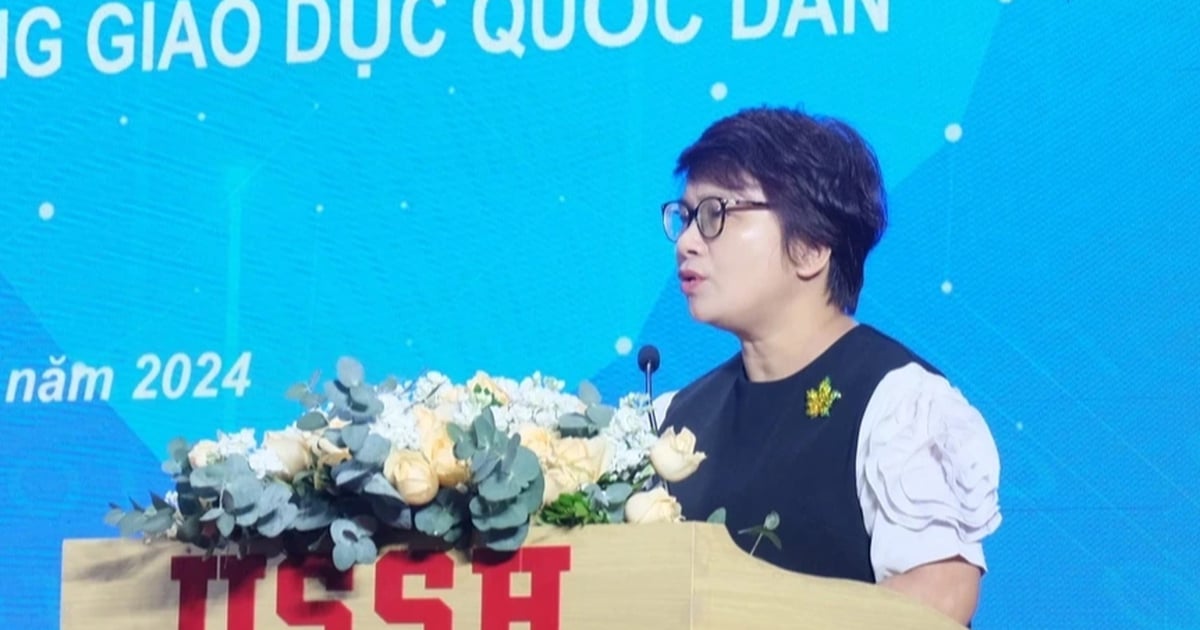



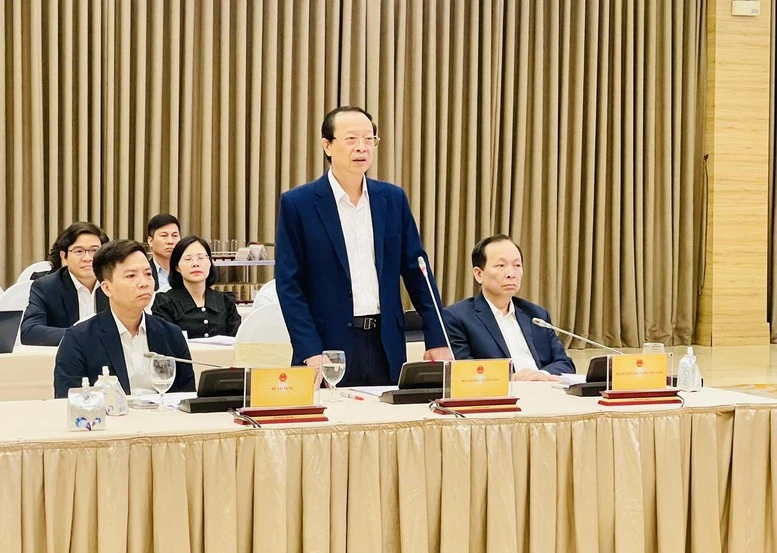
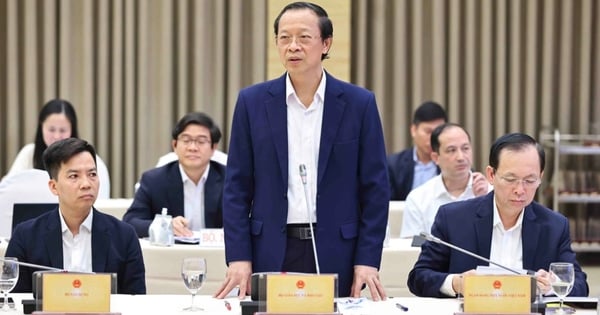
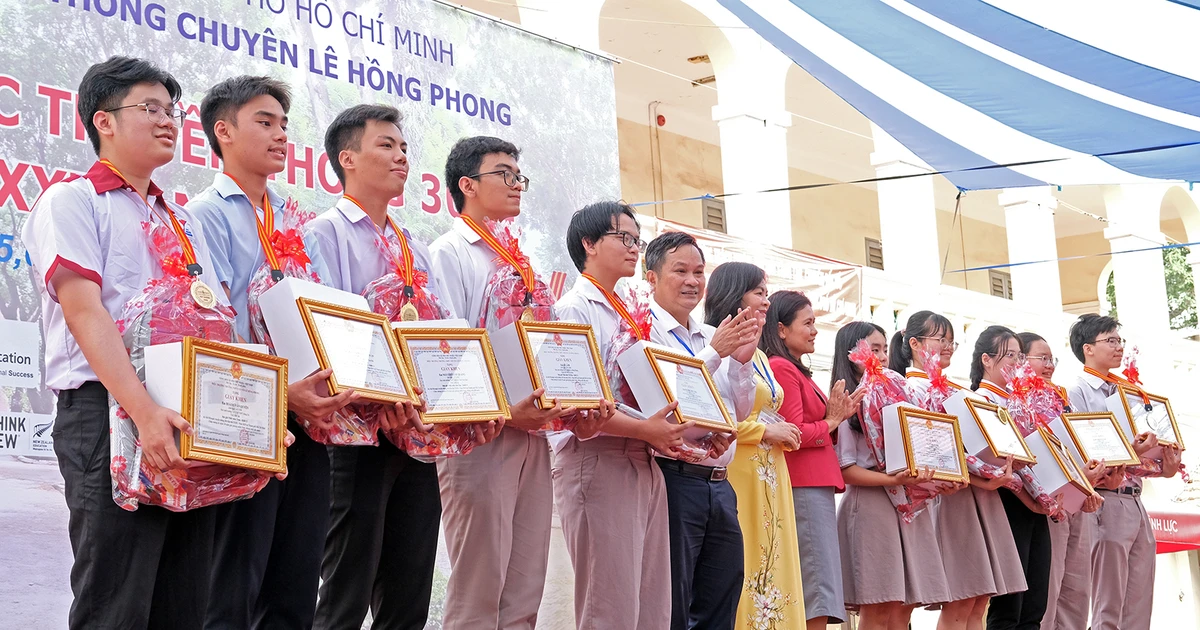
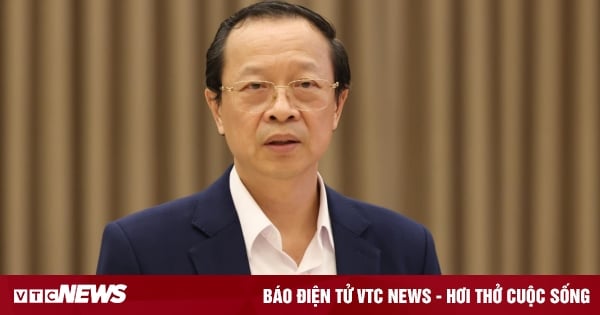
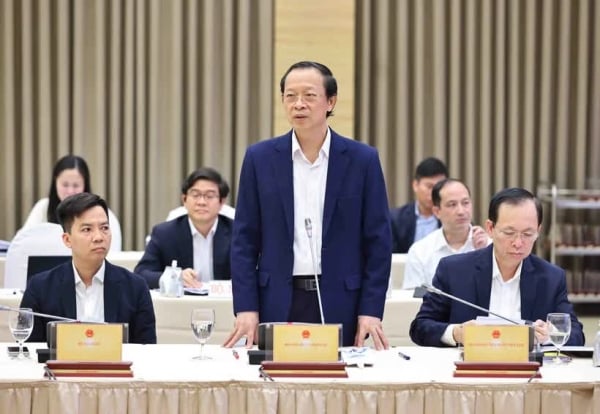





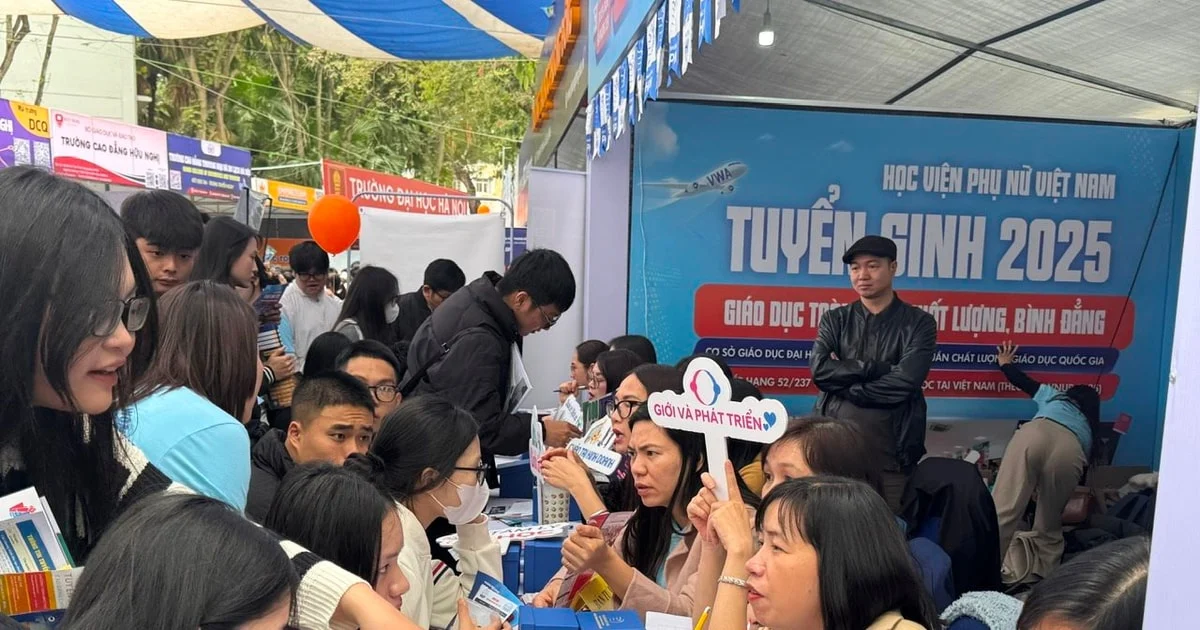
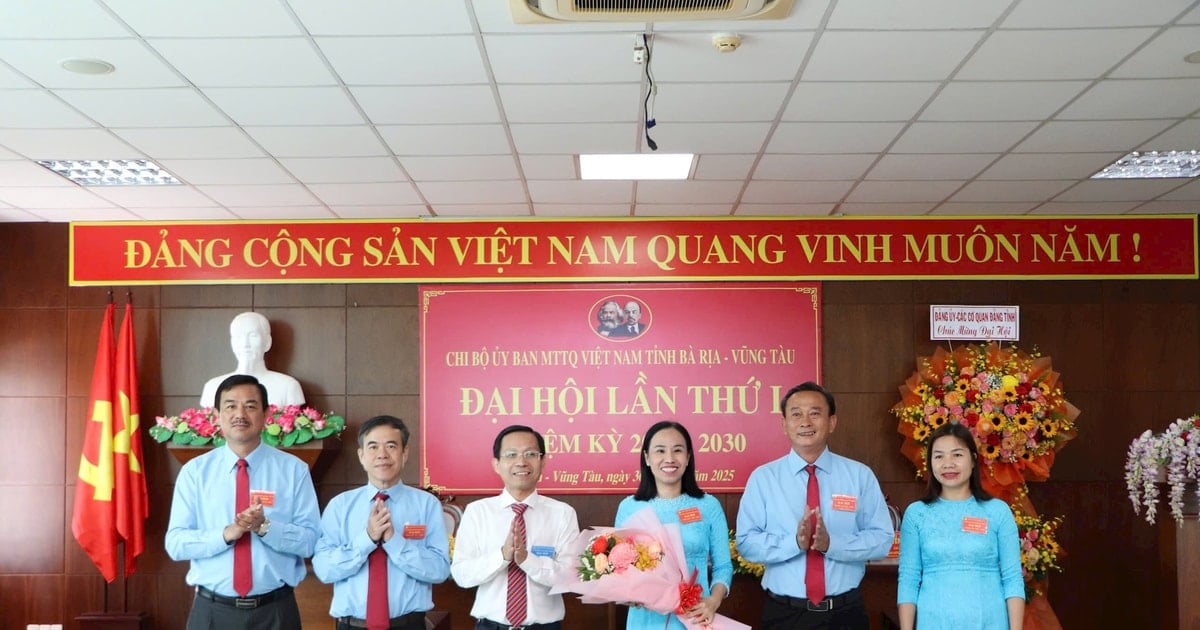











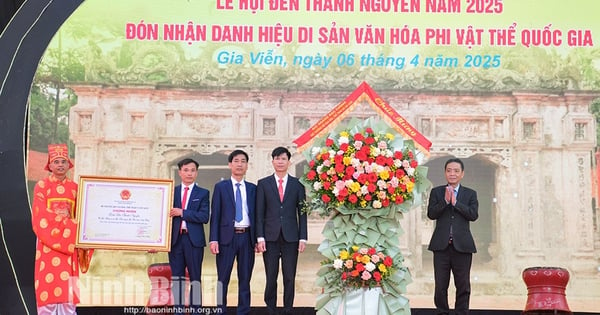




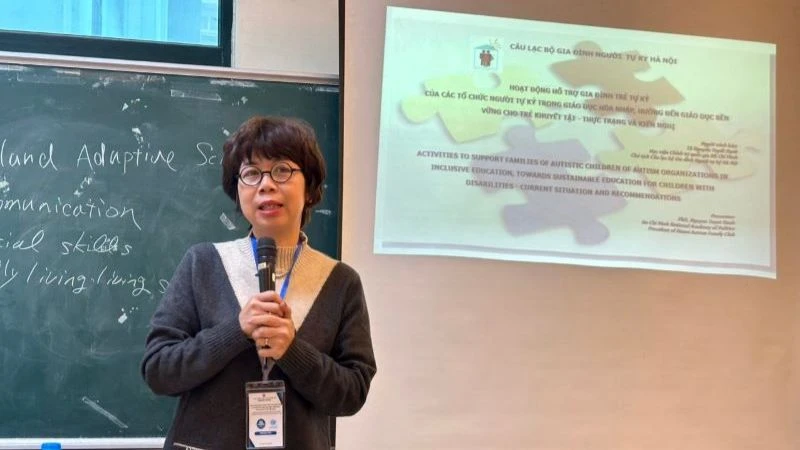















![[Photo] National Assembly Chairman successfully concludes official visit to Uzbekistan](https://vstatic.vietnam.vn/vietnam/resource/IMAGE/2025/4/9/8a520935176a424b87ce28aedcab6ee9)













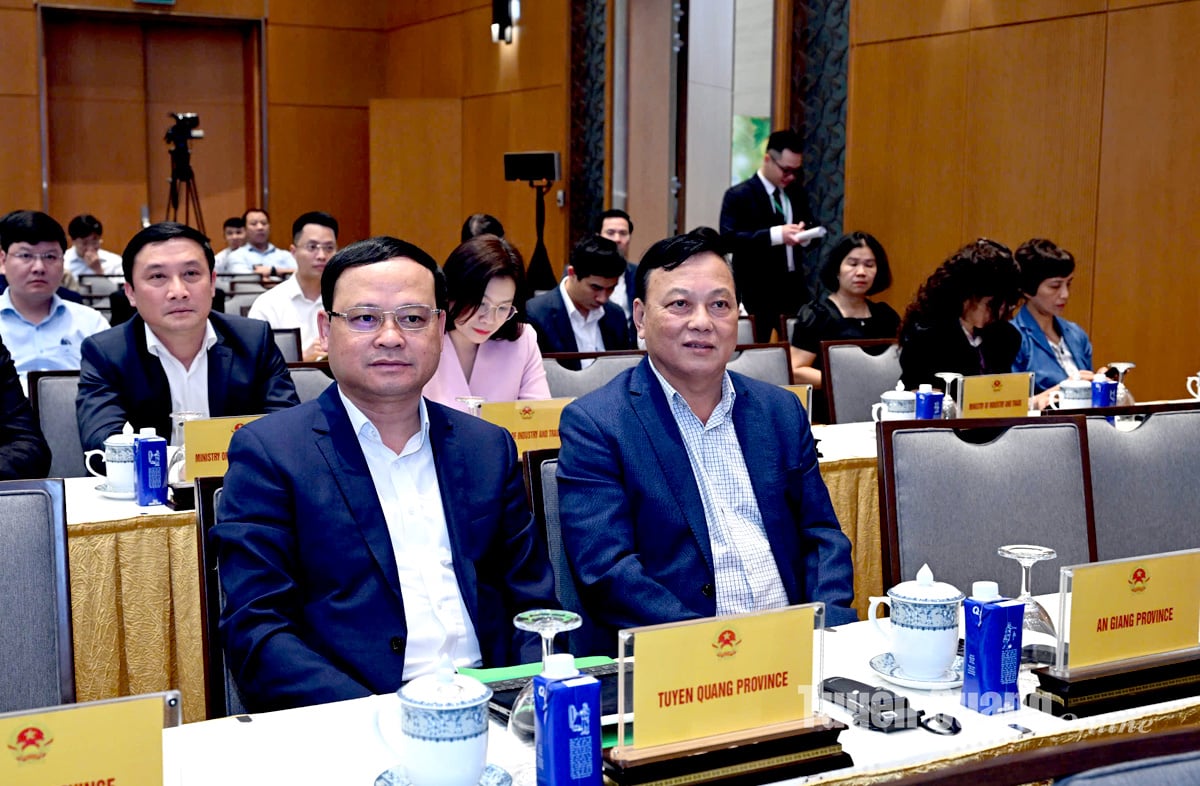
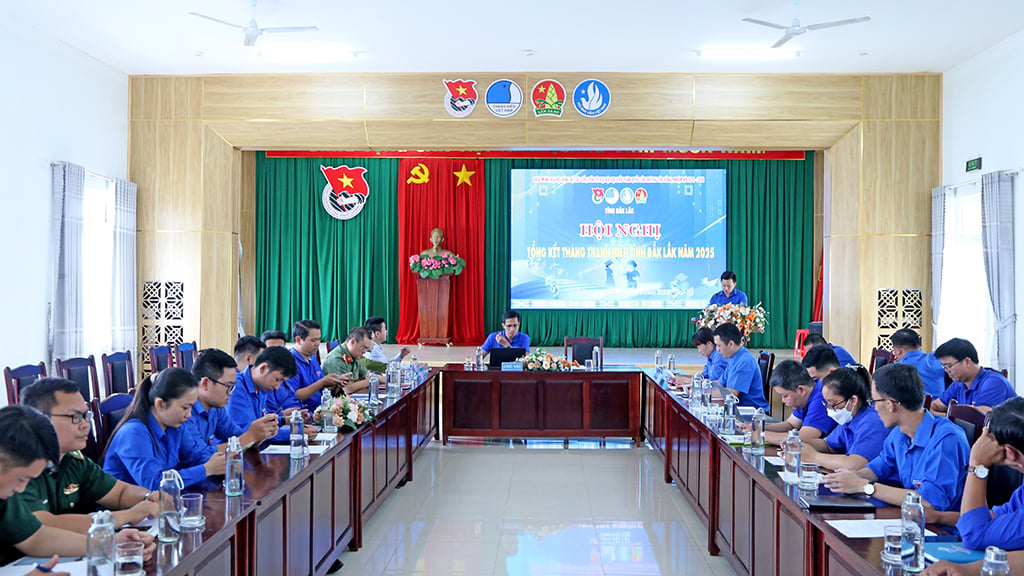
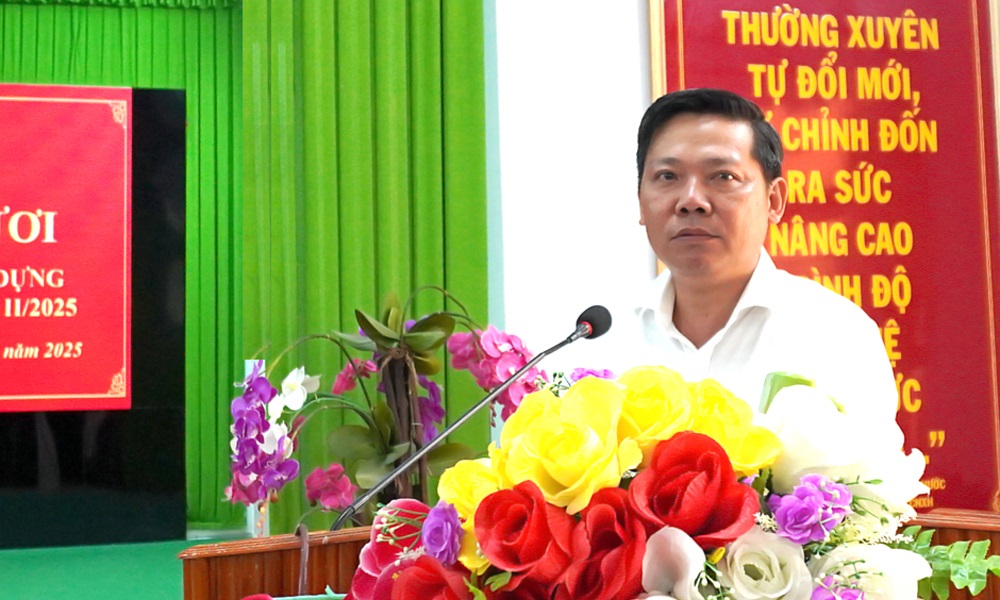
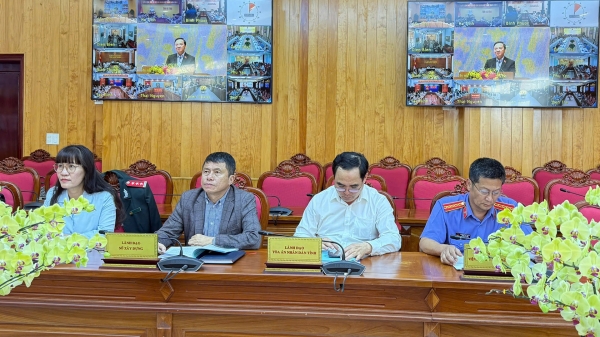
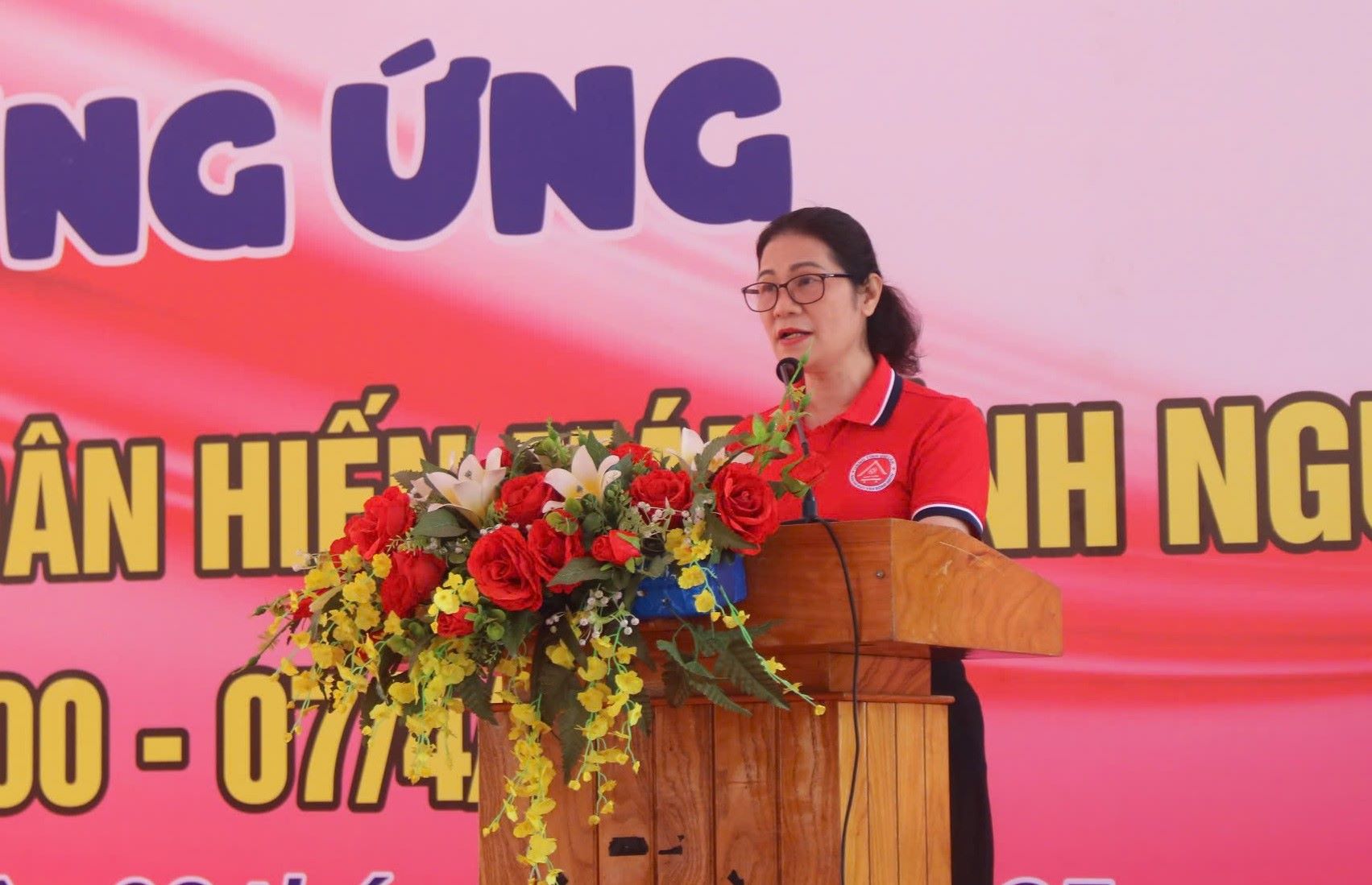










Comment (0)